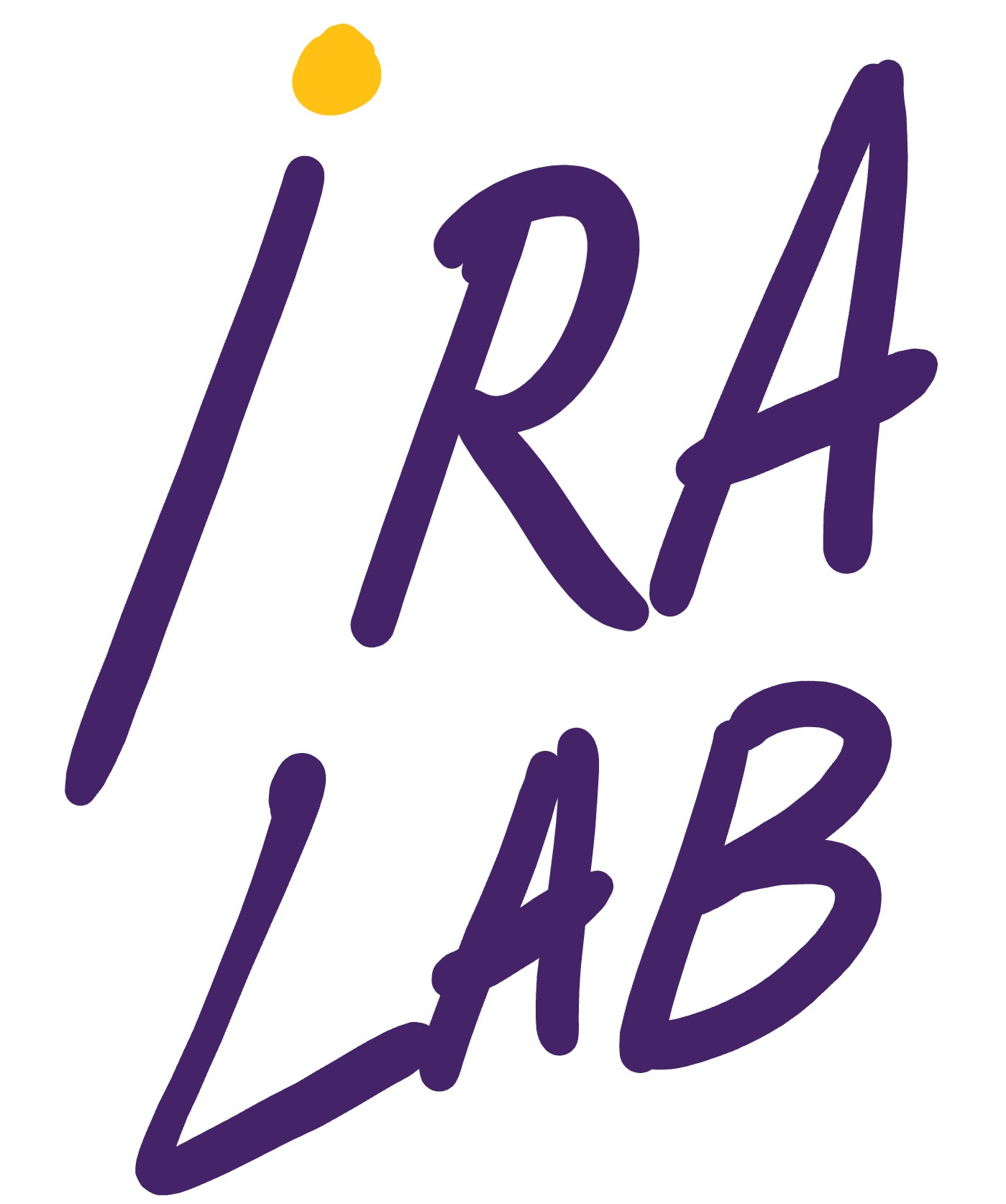Starts from Bachelor Thesis of: Nicolò Vecchio
The stage involves an initial part that consists of mapping roads between the U9 and the U14 buildings, collecting and analyzing the data provided by the LIDAR sensors mounted onboard the vehicle. The acquired data will then be processed using open source software available on the ROS.org platform to create a true two-dimensional map of the explored environment needed for autonomous navigation. This activity is aimed at analyzing the current state of the system boundaries, designed to be used on areas not overly extensive. The possibility of making a modification to the existing software architecture will be evaluated to allow real-time navigation on maps, always related to the current position, via dynamic loading of maps of manageable dimensions. There is therefore an extensive testing phase on the autonomous machine of the IRALAB laboratory. As regards the training objectives, the student is expected to acquire the ability to understand the functioning of the ROS mapping (gmapping) and localization (amcl) stack as well as the operation of the framework itself; Moreover, any programming activity will take place in C ++, relying on the same framework and therefore it is expected that the student will also reach a discreet familiarity with this language.
